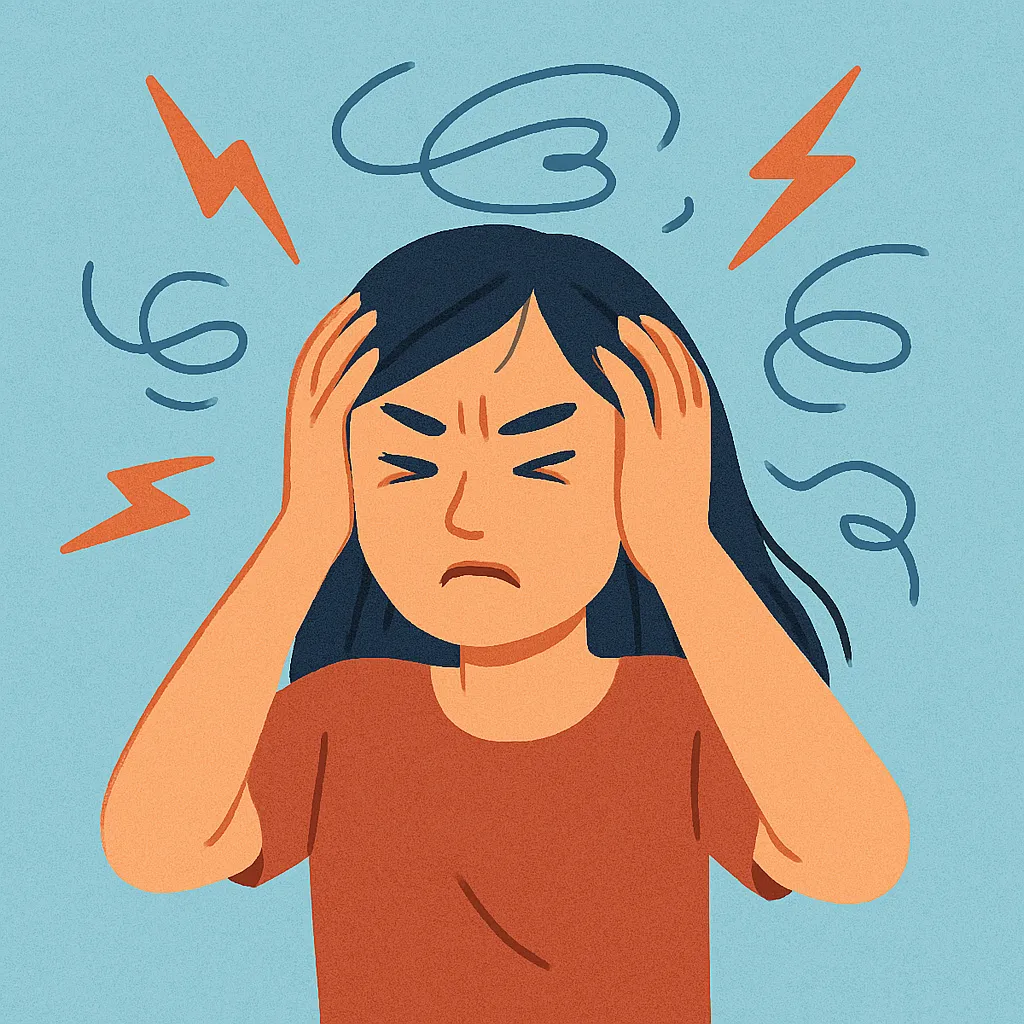What is Stress? The Body’s Reaction to Pressure and Challenges
Stress is your body’s natural response to pressure, challenges, or threats. It activates a chain reaction involving hormones—especially cortisol, known as the “stress hormone.” In small doses, rising cortisol levels help you stay alert in a “fight-or-flight” state. But when stress becomes constant, elevated cortisol can lead to chronic psychological strain and serious health issues.
Stress can be triggered by various life events, including work pressure, family conflicts, financial issues, or traumatic events, leading to conditions such as post-stress disorder or post-traumatic stress disorder (PTSD).

Debunking Common Stress Myths: What You Need to Know
Don’t be Fooled by Fake Quizzes
Feeling overwhelmed, on edge, or burnt out?
Stress is a normal part of life—but when it becomes constant or unmanageable, it can seriously impact your wellbeing. Sadly, most online tests don’t capture the full picture or offer any real insight.
We believe everyone deserves access to accurate, professional guidance when exploring their mental health. That’s why our comprehensive Stress pre-assessment tool is based on the DSM-5.
Stress Symptoms: Physical, Emotional, and Behavioural Signs to Watch For
Stress can present itself in physical, emotional, and behavioural forms. Common symptoms include:
Difficulty Concentrating
Is it hard to focus, remember details, or make decisions when you’re feeling overwhelmed?
Persistent Tension or Muscle Pain
Do you frequently experience tightness in your neck, shoulders, or back due to prolonged stress?
Frequent Headaches or Migraines
Have you been dealing with recurring headaches that may be triggered by overwhelming situations?
Fatigue or Low Energy
Do you feel drained or exhausted even after a good night’s sleep?
Sleep Disturbances
Do you have trouble falling asleep, staying asleep, or experience insomnia during stressful periods?
Irritability or Mood Swings
Do you notice yourself becoming easily annoyed, frustrated, or prone to sudden mood changes?
Stress can be triggered by a wide range of factors, both external and internal. Common causes include work-related pressures, such as tight deadlines or job insecurity, and financial concerns like debt or unexpected expenses.
Family conflicts or major life changes, such as marriage, divorce, or relocation, are also key contributors.
Traumatic events can result in post-stress disorder or post-traumatic stress. Additionally, internal factors like poor time management, negative self-talk, and unrealistic expectations can intensify psychological stress.
Understanding these triggers is crucial to managing and reducing their impact.
Diagnosing Stress: Understanding When Stress Becomes a Medical Concern
Stress itself is not considered a formal medical diagnosis, but when chronic or severe, it can lead to diagnosable conditions like Generalised Anxiety Disorder (GAD), Major Depressive Disorder, or Post-Traumatic Stress Disorder (PTSD) as per the DSM-5.
A healthcare professional may evaluate:
When to Seek Help: Recognising the Signs That Stress Is Taking Over
It’s important to seek help if stress starts interfering with your daily life or leads to physical or emotional exhaustion. Warning signs include:
You can reach out to your GP, psychologist, or a stress management specialist to develop a personalised treatment plan.
*The DSM-5 (Diagnostic and Statistical Manual of Mental Disorders) is the gold standard used by Psychologists and Psychiatrists to diagnose mental health conditions. Created by the American Psychiatric Association, it’s a globally recognised guide that outlines the criteria for conditions like ADHD, Autism, and Bipolar Disorder and more. The most recent edition, the DSM-5-TR, was released in 2022.
DSM-5-TR offers detailed descriptions of various mental disorders, including their symptoms, prevalence, course, and associated features. It serves as a crucial reference for clinicians, researchers, educators, and policymakers in the field of mental health.
This manual helps clinicians accurately identify and diagnose mental health conditions, guiding treatment planning and interventions. It also facilitates communication among professionals by providing a common language and framework for understanding and discussing mental health disorders.
DSM-5-TR is periodically updated to reflect advancements in scientific understanding, changes in diagnostic criteria, and emerging trends in mental health research. It plays a vital role in shaping clinical practice, research initiatives, and public health policies related to mental health and psychiatric disorders.
